Select Other Languages French.
As Tehran and other Iranian cities experience intense bombing, some people have the means to flee, while those who don’t, sleep outside their high-rise apartment buildings out of fear. Despite the precariousness of the situation, in coffeehouses, grocery stores, and the Persian equivalent of Uber, people remain calm and, above all, realistic about their lives and the country’s prospects. Meanwhile, the Islamic Republic’s propaganda works overtime as our correspondant sits in a café with a failing internet connection and risks life and limb to send his thoughts and observations to TMR.
The situation is very frightening. Every sound, even a passing car or something falling, scares you.
In some Iranian cities, people are sleeping outside their apartments out of fear for their lives. You can see smoke rising from certain parts of the city. People who want to leave Tehran face long lines at gas stations, rationing, even fuel shortages (and this is in a country with nearly ten percent of the world’s oil supplies.) Tunnels leading from Tehran to the north of the country are now one-way only. With weak internet, navigation of the roads has become difficult.
Two hours ago at the time of writing when Trump said, “Leave Tehran,” most people here took his warning seriously, especially since Israel has promised a “surprise” by this weekend. In contrast, Islamic Republic state media continues to push propaganda claiming that “We are winning.” After the Israelis bombed the Iranian State Television building in Tehran late Monday night, the IRIB (Islamic Republic of Iran Broadcasting) presenter on air, reporter Sahar Emami, moved to a nearby studio and started broadcasting live after five minutes.
During these days of war, Tehran feels more crowded than ever — not because of the numbers of people attempting to leave, but because of the flood of news, rumors, anxiety, and unanswered questions. Missiles fall, yet there are no warning sirens, no citywide blackouts. In the 1980s, when the air raid siren blared, everything stopped. Schools would close; the radio issued alerts. We’d rush to underground shelters. But now, life goes on as if nothing has changed: Those who can’t afford to leave Tehran wait in line at the bakery, a motorbike weaves through pedestrians on the street, and everyone’s glued to their phones, watching the latest post by some influencer.
On Monday, June 17, Israel struck 22 provinces across Iran — targeting nuclear facilities, Revolutionary Guard bases, even the homes of commanders. When I turned on the TV, it showed a building hit with surgical precision. An anchor on an Iranian satellite channel, broadcasting from abroad, exclaimed with excitement, “The commander who preached modesty lived in a luxury tower in uptown Tehran!” And I wondered — how can there be such a vast gap between slogans and reality?
That night I couldn’t sleep. I drank calming herbal tea, but it didn’t help. The night sky was lit with the trails of missiles. The sound of anti-aircraft guns echoed through the half-open window. Sometimes it was so far off, it resembled distant thunder. Other times, it was close enough to make the walls shake.
This morning, while waiting in line at the bakery, I overheard two men arguing. One of them, speaking loudly, said: “Thank God they finally got shaken up. How long are we supposed to suffer while they sleep on oil money?”
The second man replied: “Shaken up? Who got hit except the people? The dollar’s at 90,000 tomans, and my wife can’t even afford her anxiety meds. Yeah, they hit someone — but we’re the ones dying.”
No one intervened. Everyone kept their heads down, as usual. Sometimes I think this collective indifference is a kind of self-defense. It’s as if Tehran has decided to play dumb in order to survive.
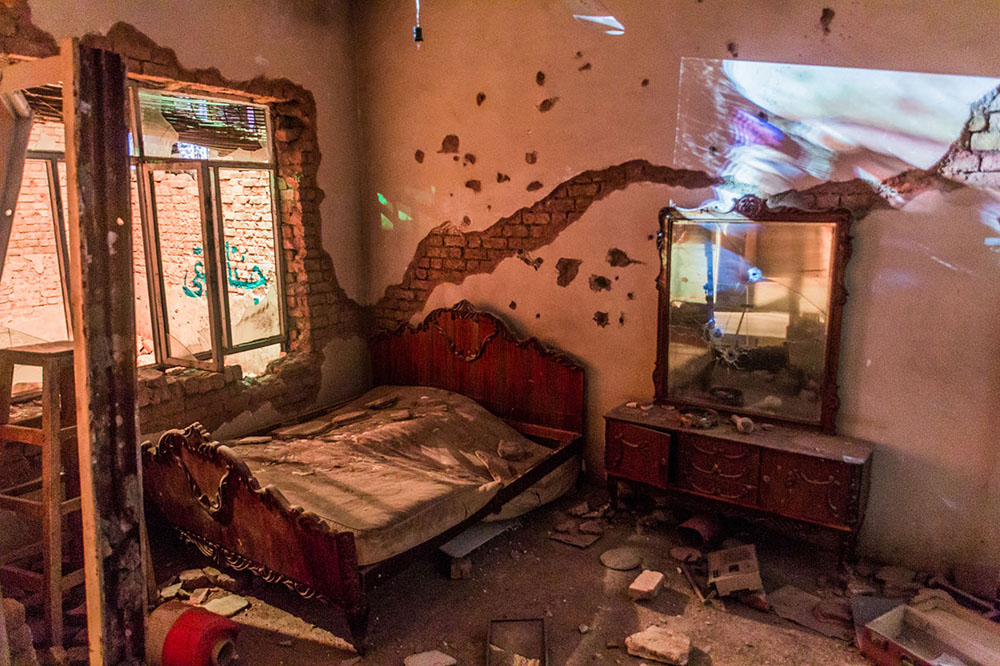
Bitter tea and a tricolor monarchy flag
In the afternoon, I visited Nasrin, an old friend. We sat on the carpet, sipping bitter tea without sugar. The satellite TV was on. The host was reading viewers’ messages aloud. One read: “Good job, Israel — take them out one by one.” Another said: “We hate the Islamic Republic, but Iran is still our country. This attack is a humiliation.”
Nasrin gave a bitter smile and said, “Strange, isn’t it? How easily people now celebrate death.”
I replied: “We’re stuck somewhere in between … between hatred and belonging.”
She nodded. “Exactly.”
“Remember during the war with Iraq?” I added. “When the red sirens went off, we’d run to the basement. I can still hear that sound. My heart still races when I recall it. I’m actually glad there are no sirens now. I don’t want that fear to come back.”
Nasrin: “But those sirens, as terrifying as they were, meant someone was looking out for us. Now there’s nothing. Just silence.”
I thought about it. This new war feels like a silent shadow. You don’t have clear information. There’s no safe place. Everything is hidden beneath a layer of distrust.
After an hour, I got up to leave. I called a Snapp to get home. The driver was a young man with a patchy beard and sleepy eyes. Hanging from the rearview mirror was a small Iranian flag with the old lion and sun emblem. I felt compelled to ask, “Have you had that hanging there for long?”
He smiled. “My dad had it when I was a kid. I don’t know why, but it makes me feel nostalgic.” He was quiet for a moment, then added: “I didn’t sleep at all last night. I kept scrolling through the news, watching videos. Half of it is lies, and the other half is terrifying.”
“And what do you really think?”
He exhaled deeply. “Honestly? A part of me feels satisfied when I hear a Revolutionary Guard commander got blown up. But at the same time, I’m scared it might be my home next. What if a missile hits this very street we’re driving on?”
I looked at him through the mirror. He didn’t say much, but there was a storm inside him. I said: “It’s a kind of split feeling … like we don’t know whether to feel happy or sad.”
He gave a bitter laugh. “That’s life now. Everything’s halfway. No full hope, no full rage. Just a kind of limping along we’ve decided to call normal.”
We stopped at a red light. An old woman sat on the curb, holding a few matchboxes in her hands. No driver even glanced at her. The driver softly said: “In times like this, no one really sees anyone else. Everyone’s just waiting for something to end. But nothing ends. It just stretches on.”
In the cafés
The streets were quiet. Maybe because of the long lines at gas stations, fewer people were using their personal cars. Across the city, banners have gone up with slogans like “Harsh revenge” and “The blood of the martyrs will not go unanswered.” The government is trying to steer people toward vengeance. The atmosphere in the city hovers somewhere between mourning and violence. But behind all this propaganda, people are simply exhausted.
A political analyst on a Persian-language TV channel based in London said: “The Iranian people are tired. You can’t rally a nation to war when they’re this psychologically worn out. They don’t want war — they want a way out.”
The city’s cafés are still open. Life goes on with a kind of stubbornness that resembles pain. There’s a café near my house that I often go to in the evenings. Sometimes I think people go to cafés just to reassure themselves that everything hasn’t completely collapsed yet. Conversations are intense.
I see Mani — a sociology student with thick hair and a trimmed beard. His words are laced with irony: “We thought they were spending all the money on drones, missiles, and air defense, but now it turns out the Iranian sky is full of holes — like Swiss cheese. The most high-ranking security officials couldn’t protect themselves. How can I not be worried about the safety of my own family? Just think how miserable we must be — to feel a kind of joy that another country has attacked us. That’s how much injustice we’ve endured. If our leaders had any real compassion for the people or for this ancient land, we wouldn’t feel this way.”
Another adds: “All the cities have become unsafe. We don’t know where to go.”
A girl who recently came from Italy says anxiously: “I was planning to go back, but there are no flights. I’m even scared to drive to Turkey or Armenia. What if a missile hits on the way? What if that’s how it ends?”
“Mehdi” — a pseudonym for a young man I met at the café — says: “My guess is this war will last one to two weeks. During that time, Iran has to set Israel on fire. Iranians are used to hardship, but Israelis aren’t. They can’t take it. We have to fight smart, get help from Hamas and Yemen. If a few countries join the war against Israel, the rest of the world will worry about their own interests and shut it down. Saudi Arabia shouldn’t get too excited, either — it might get burned too.”
He goes on: “This war is costly because of the distance between the two countries. Israel only seems this precise because of U.S. military support. On its own, it’s nothing — just an American lapdog. We’re fighting the U.S., not Israel.”
“Nahid,” a woman in her 60s sitting nearby, says with a lump in her throat: “I’m not into politics. But I hate politics. I don’t understand why I have to be this scared. I hear noises at night, but I don’t get up. If I’m going to die, I’d rather be gone in an instant — not left disabled and dying slowly.”
In the metro, more than masks, it’s worry you see on people’s faces. Everyone’s on edge. Each phone call or message brings a jolt of fear. A woman stood beside me, wearing a gray chador and holding a baby. The baby was asleep, but the corner of his lip twitched with fear. I pulled a small chocolate from my pocket and offered it with a smile.
She didn’t look at me, just whispered: “He’s asleep. If he wakes up, he’ll start crying again. Last night, he heard an explosion and jolted awake.”
The silence inside the train was heavy. Only the sound of wheels over rails.
Someone said quietly: “Israel said if their civilians are killed, they’ll burn Tehran to the ground.”
No one responded.
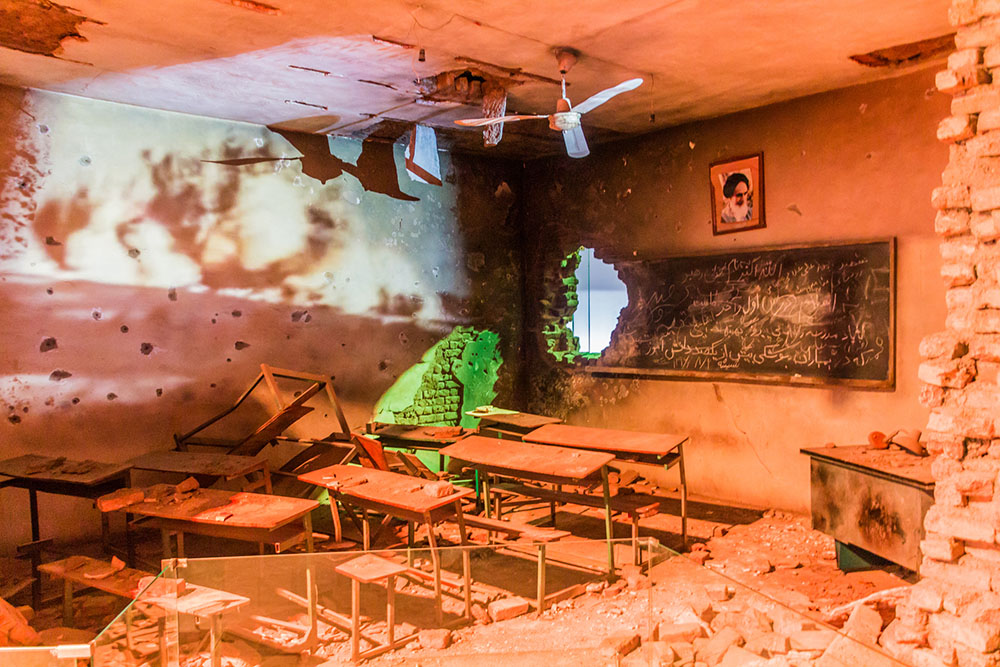
Grocery shopping
At the corner grocery store, the elderly shopkeeper stares at a muted television in the corner. On screen: fire and smoke, a map of Iran, blinking red dots. His name is Rahmat — a man who used to greet every customer with warmth. But now, his voice is quiet, his tone subdued. “May God have mercy,” he says. “I lived through the Iran-Iraq war … back then too, everyone thought it would be over in a week.”
He’s one of the first people I’ve seen lately who looks truly afraid. His generation knew war firsthand: mortars, sirens, food rations — those memories live in their bones.
The shops are still stocked, but people are starting to wonder if they should begin storing rice, bottled water, canned food — just in case. From the loudspeaker of the neighborhood mosque, revolutionary chants and old war anthems blare on loop. The sounds are familiar — pulling the city back into the 1980s, to the days when Ahangaran’s trembling yet defiant voice sent young men to the frontlines.
It’s as if the city is lost in a fog of the past.
But something feels different now.
This is not a classic war. There are no trenches, no tanks, no soldiers with keffiyehs soaked in blood and dust. Yet, they still call it war — but the commands are typed from behind screens. Drones have replaced soldiers. And missiles arrive without warning — quieter, colder, more sudden than ever.
Tonight I came home earlier than usual. My mother said she heard the sound of anti-aircraft guns. State TV plays nothing but heroic clips — images of recent martyrs, military anthems, and speeches calling people to resistance and war. In contrast, BBC Persian, Iran International, and other foreign outlets run nonstop analyses.
Tired anchors. Endless experts. But none of them can say for sure what will happen tomorrow.
A few nights ago, the Supreme Leader forcefully defended uranium enrichment. He said, “It’s like a country having oil but being banned from building a refinery. Enrichment is our right.”
The analogy — simple but sharp — stuck with me. Despite all my criticisms of the power structure in Iran, in that moment, it felt like he had a point. The right to knowledge. The right to stand on your own feet. But that night, war still hadn’t arrived.
Just days ago, a friend I’ve known for years said, “Iran must not bow to the U.S. or Israel, even if the whole region goes up in flames.” Now, he’s gone quiet — just staring at his phone and asking, “How long will this go on?”
I have no answer. No one does.
Coming from someone in his 50s who’s seen violence up close, those slogans felt strange. It’s easy to speak in absolutes from behind a safe desk.
My sister calls. She says, “I left a bag by the door. The house deed, some money, a few photos. If something happens, maybe I’ll need it to prove I lived here … Oh, and if a missile hits, how am I supposed to run out in my pajamas?”
I don’t know whether to laugh or cry. Even in the heart of disaster, people still worry about their dignity. I sat in front of my laptop. My fingers were numb. Outside, the noise had vanished, but this silence was worse — the kind that reminds you of the quiet just before an earthquake.
I started writing: The café was still half-empty. A few people spoke quietly about last night’s news. One said, “Drones came from the west, the air defense was late.” Another replied, “They spent so much on Iraq, sent pilgrims to Karbala, called it a brother country — but now Iraq’s airspace is open to Israeli planes.”
I said nothing. Just listened. Like someone recording details that might matter later. The waiter took orders. The aroma of coffee permeated the air, alongside the nonstop news from last night until now.
The city was the same city but its sounds were now woven with a hidden anxiety. War seemed to have crept into the fabric of everyday life, without shouting out its presence.
Two middle-aged men at the next table started talking. One was named Mostafa, a retired bank employee. The other, Nader, said he was a retired political science professor from the University of Tehran. Their conversation was more serious than usual.
Nader, calm but sharp-eyed, began to analyze: “Look, these Israeli attacks clearly show that the Islamic Republic’s intelligence and security have been hit hard. People are only asking one thing now: Where is all that money they said they spent on defense? How could Israeli attacks be this precise?”
He continued, “Right now, you can see three distinct groups among the people. One group still loyal to the regime’s ideology, thinking this is a historic victory over Israel. Another group, mostly active on social media, exposes the regime’s intelligence failures and talks about the security collapse.
“The third group, maybe the largest, just wants to survive — trying to get gas, buy food, leave the city, or find a way to keep their family safe. They’re not analysts or political; they’re just tired and looking for a breath of fresh air.”
Mostafa nodded and sighed, “Yeah. They’re tired. And this weariness isn’t something TV slogans can fix. People aren’t stirred up by ads or rallies anymore.”
Nader went on, “Most people hate the war. They’re under heavy economic, social, and political pressure and don’t want to pay the price of the regime’s regional or ideological politics.”
Many who oppose the policies of the Islamic Republic are by no means supporters of Israel — they condemn Israel for its occupation policies and the killing of civilians in Gaza. That old question stirs again in my mind: Are we supposed to pay such a high price just for our “legitimate rights”? And ordinary people — those who have no access to power, no say in decisions — what are they really paying for?
I don’t know why I’m writing this. Maybe because if I don’t, I feel like I’ll disappear. Not just from the map, but from my own mind. The war is still here, even if we’ve hidden it behind weather reports and TV ads. Even if there’s no siren.
My hand paused on the mouse. I thought maybe tomorrow there won’t be electricity. Or the internet will be cut. Or this text might never reach anywhere.
The Persian psyche
Yesterday evening, on social media, many were posting pictures of their homes: clean, quiet living rooms lit by the soft afternoon light. Beneath the images, they wrote captions like: “I hope you stay safe. I hope we see you again.”
Leaving home wasn’t just a logical decision — it was an emotional one. People wrote about what it meant to walk away from a space filled with memories: from books left on shelves, from houseplants watered one last time that morning, from chairs that might never be sat in again.
But not everyone could leave. Some had no choice. One person wrote on social media: “My father just had open-heart surgery and was recently discharged from the hospital. Only my mother is caring for him, and even we can’t get close to him because he needs to be kept in a sterile environment. How could we possibly leave Tehran in this condition?”
The intensity of the bombing in Tehran and other cities has become terrifying. But even during attacks, the city lights stay on. The government has told people not to leave the capital. Officials announced that metro stations and mosques remain open 24/7, so people can shelter there overnight. But not every neighborhood has a metro station nearby. Tehran’s metro system isn’t as extensive or accessible as it is in other larger cities. In many areas, the closest station might be several kilometers away.
Now, most people spend their nights glued to the television, watching the news, trying to stay updated, listening for the next explosion. And when the bombs hit, no one knows where to run. In the high-rise apartment buildings of Tehran, stairwells are narrow, windows are everywhere, and often there are no basements. All you can do is stand in the middle of your home — or look out the window, staring up at the sky, hoping for a sign, but seeing none.



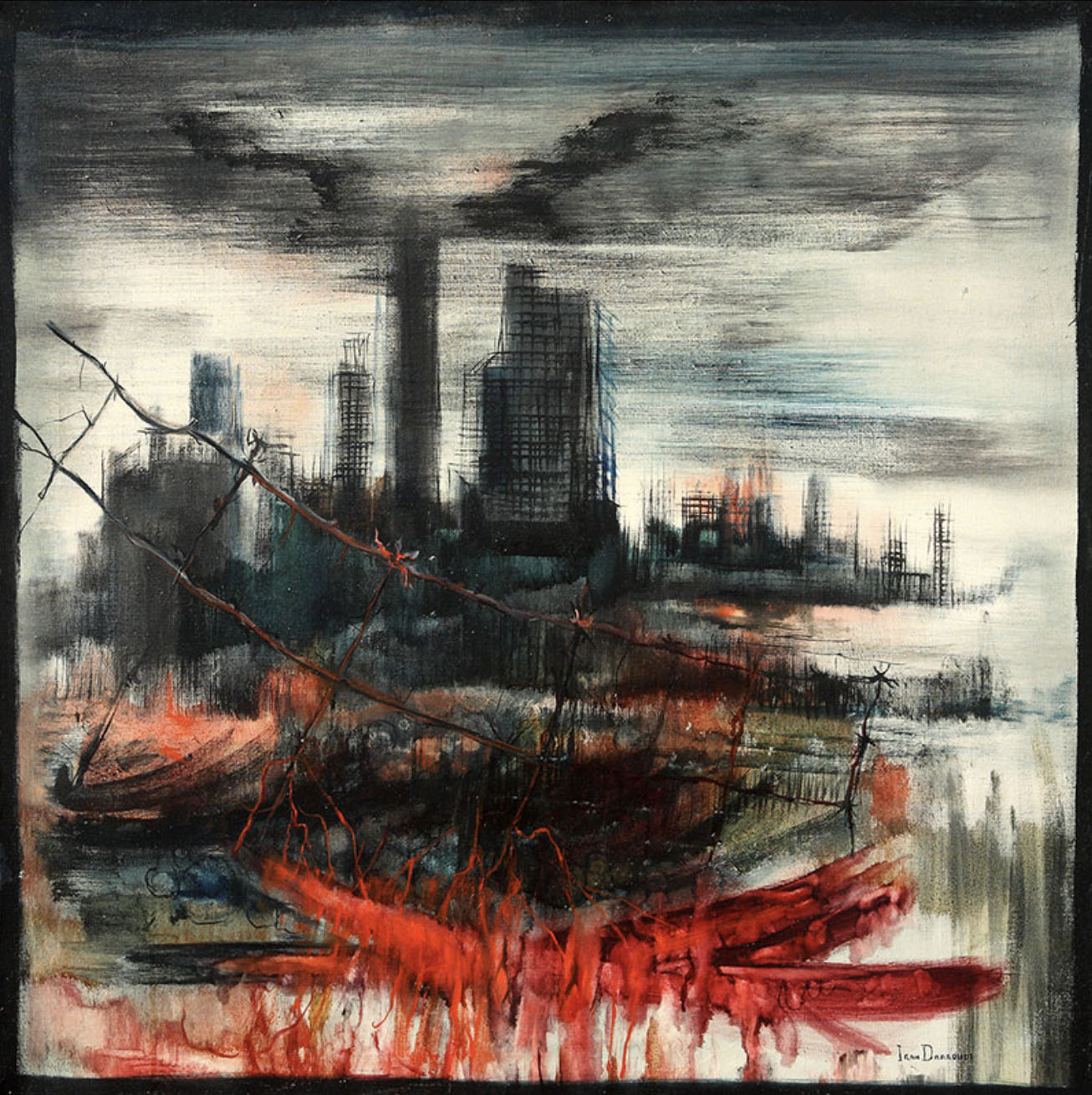
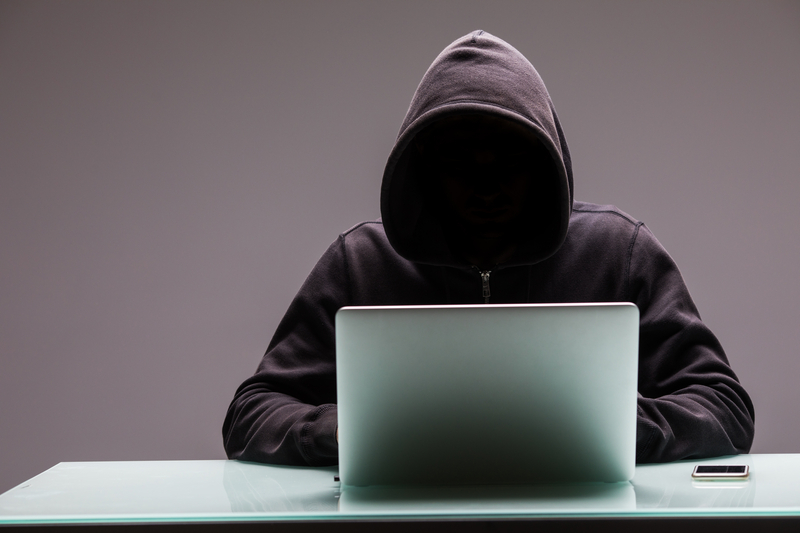






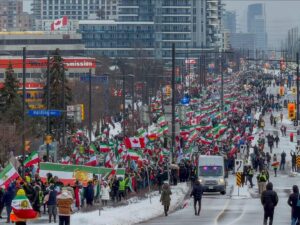
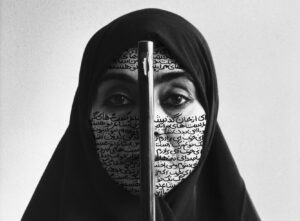



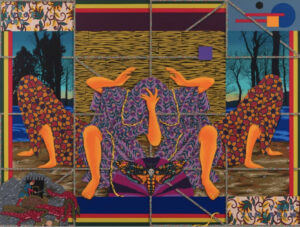
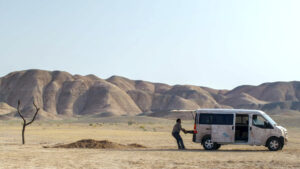


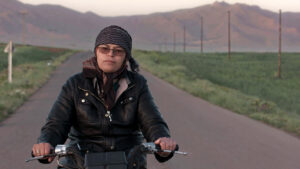





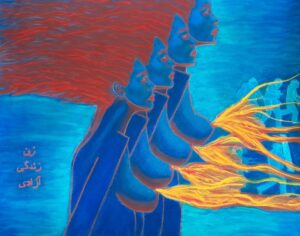







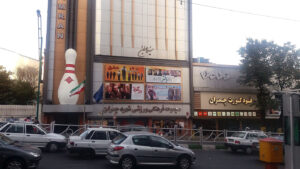




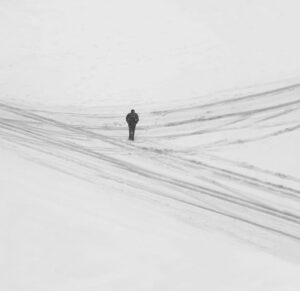

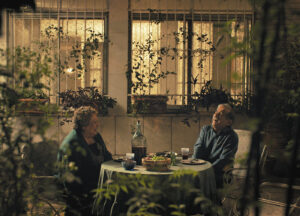











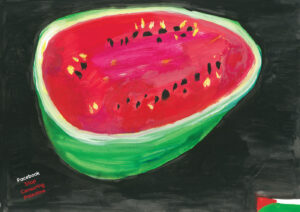







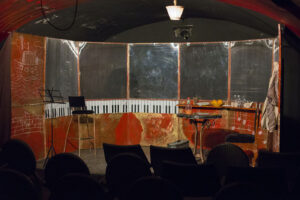















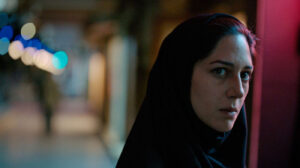







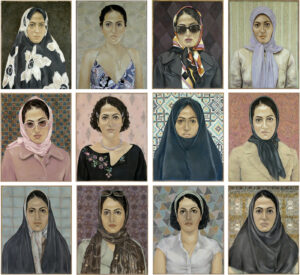





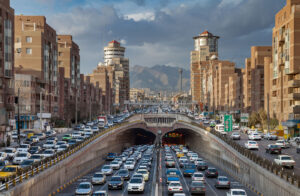







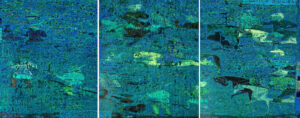
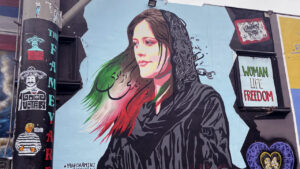

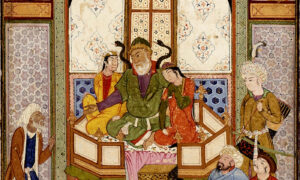


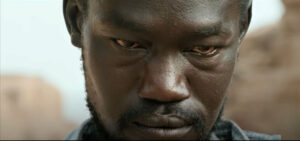






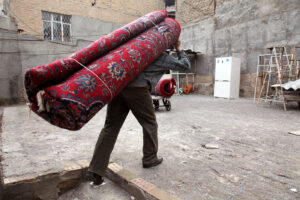

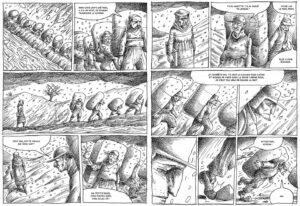


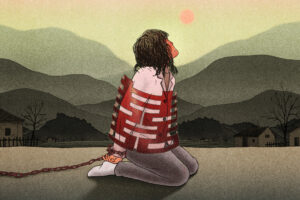



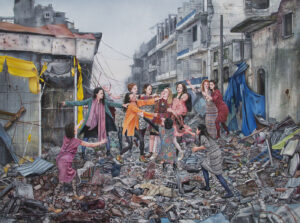



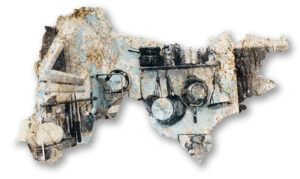

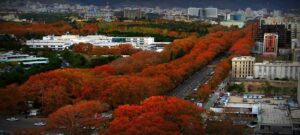



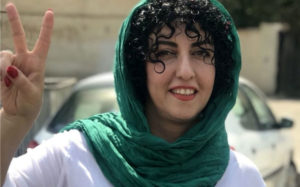


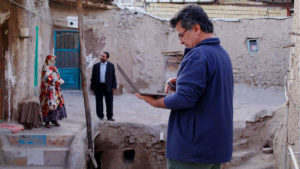




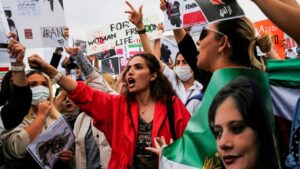


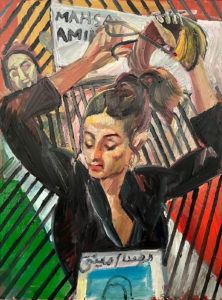
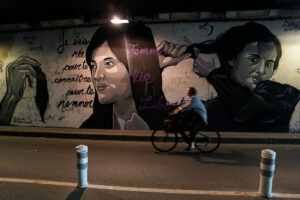
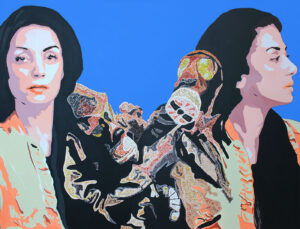













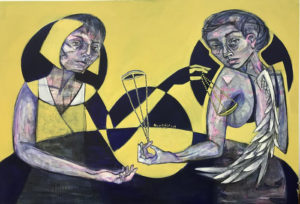




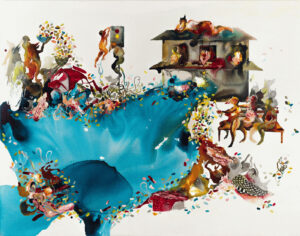






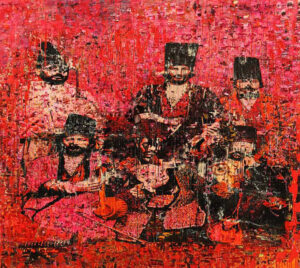





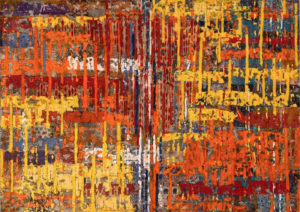
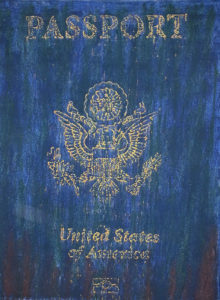










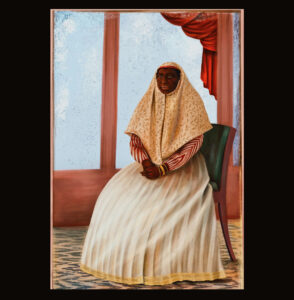








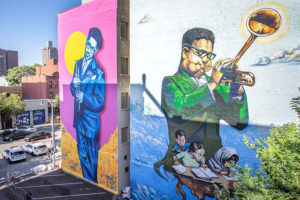



This is a reflective piece but wished there was some reflection on what it means that the Iranian government is not trying to protect it’s people by providing sirens and having them ignore evacuation warnings. What would it mean if an authority intentionally doesn’t protect its own people ?